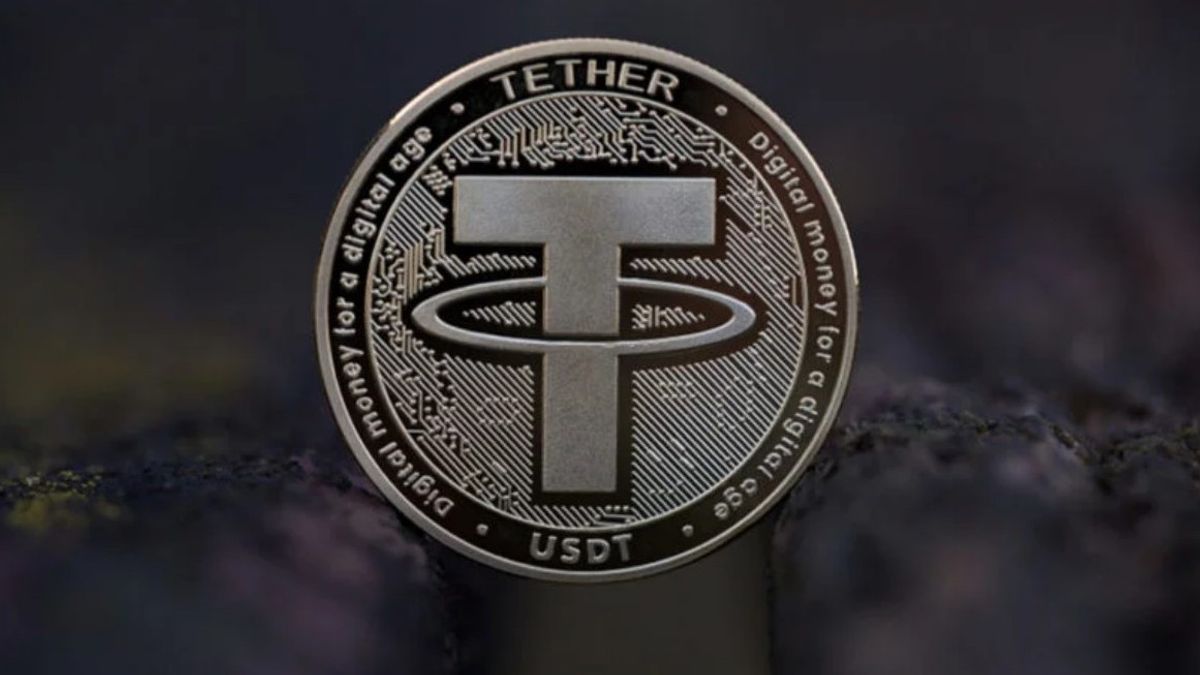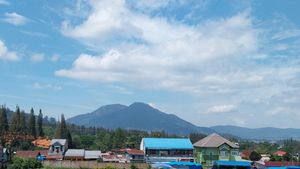JAKARTA One of the leading crypto exchanges, Crypto.com, recently announced the delisting stablecoin Tether USDT. However, the removal is only intended for Canadian users.
Cryptocurrency exchanges registered in Ontario, Canada, cannot list USDT due to local regulation bans. According to user reports circulating on social media dated January 10, the crypto exchange company plans to remove USDT trading from January 31.
Crypto.com has notified its customers that if they do not withdraw or exchange USDT until a specified deadline, their assets will automatically be converted into USDC stablecoins.
"You may be charged a retrieval fee if a USDT deposit is made from an external wallet after this suspension period, and the withdrawal of funds may not be possible in some cases," the Crypto.com announcement reads.
Earlier, in August 2022, the Ontario Securities Commission (OSC) had received a pre-registration company business for operations in Canada. As part of the regulatory requirements, cryptocurrency exchanges operating in Canada's Ontario province are prohibited from listing digital assets banned by OSC, which includes USDT.
The rules also apply to other crypto exchange companies such as Coinsquare, crypto exchanges regulated by the Canadian Investment Industry Regulatory Organization (IIROC). Currently Coinsquare does not list USDT as one of the trading assets available on its platform.
Launching Cointelegraph, in issuing its decision, OSC never explained the reasons behind the Tether ban. However, a document that was unsealed on February 17, 2021, stated that "the only US dollar held by Tether that seems to support about 442 million Tether in circulation is about 61 million US dollars stored in the Bank of Montreal." Meanwhile, experts from time to time questioned the authenticity of Tether's reserves and audits.
Meanwhile, cryptocurrency exchange companies wishing to operate in Canada must register with IIROC. A number of other leading crypto exchanges such as Binance, Bybit, and Huobi were forced to face problems with local regulators because of their past status.
The English, Chinese, Japanese, Arabic, and French versions are automatically generated by the AI. So there may still be inaccuracies in translating, please always see Indonesian as our main language. (system supported by DigitalSiber.id)













